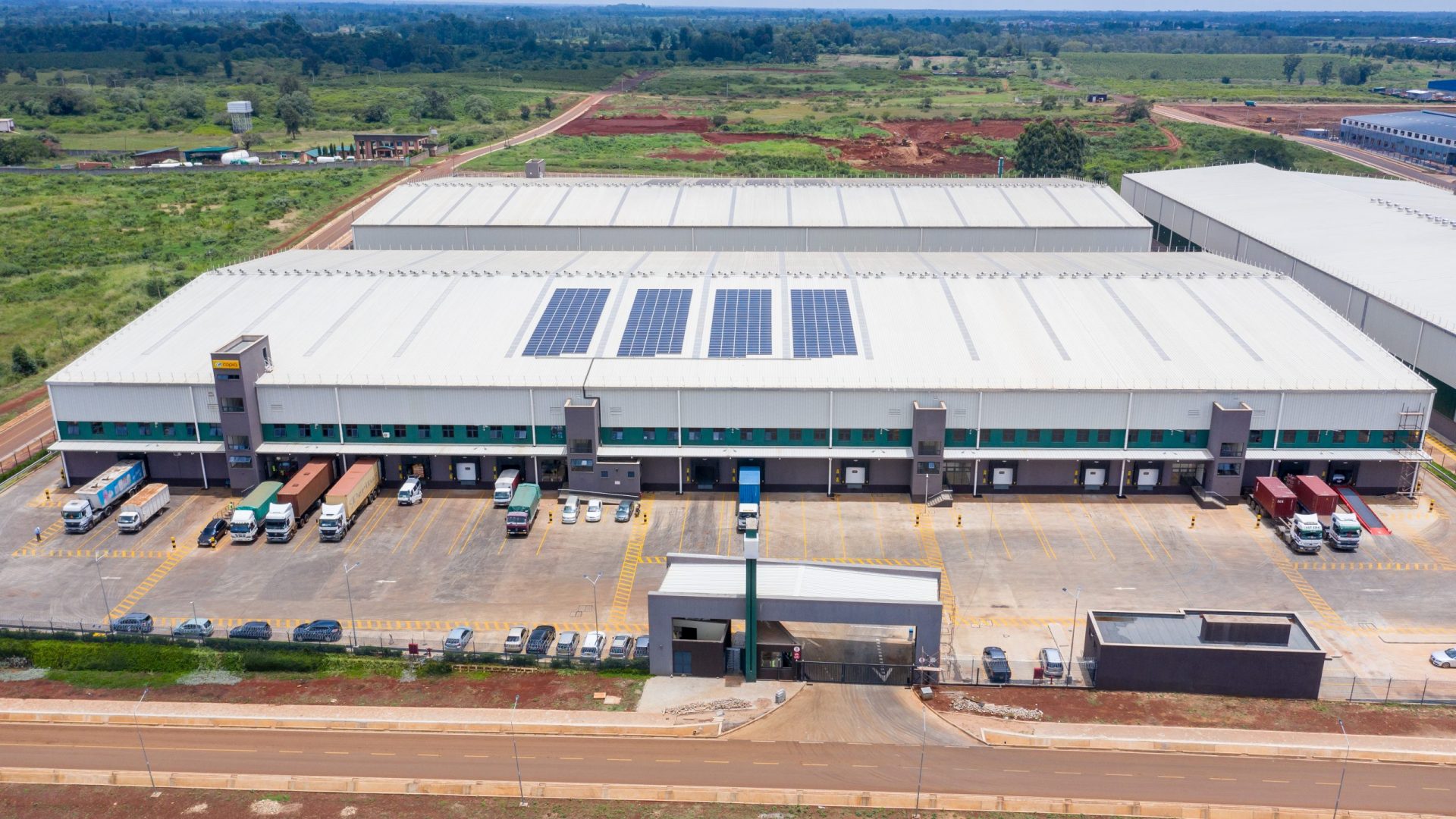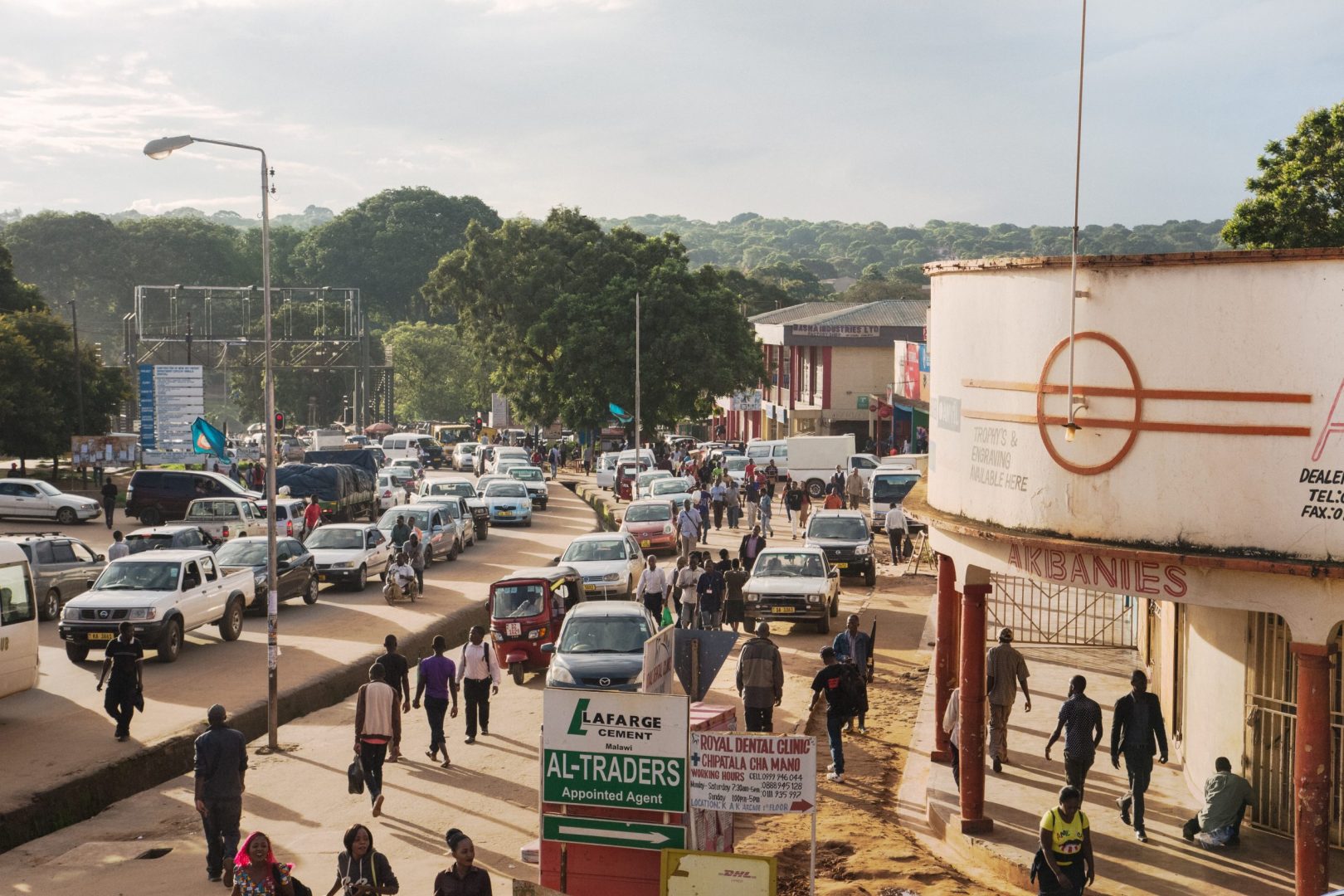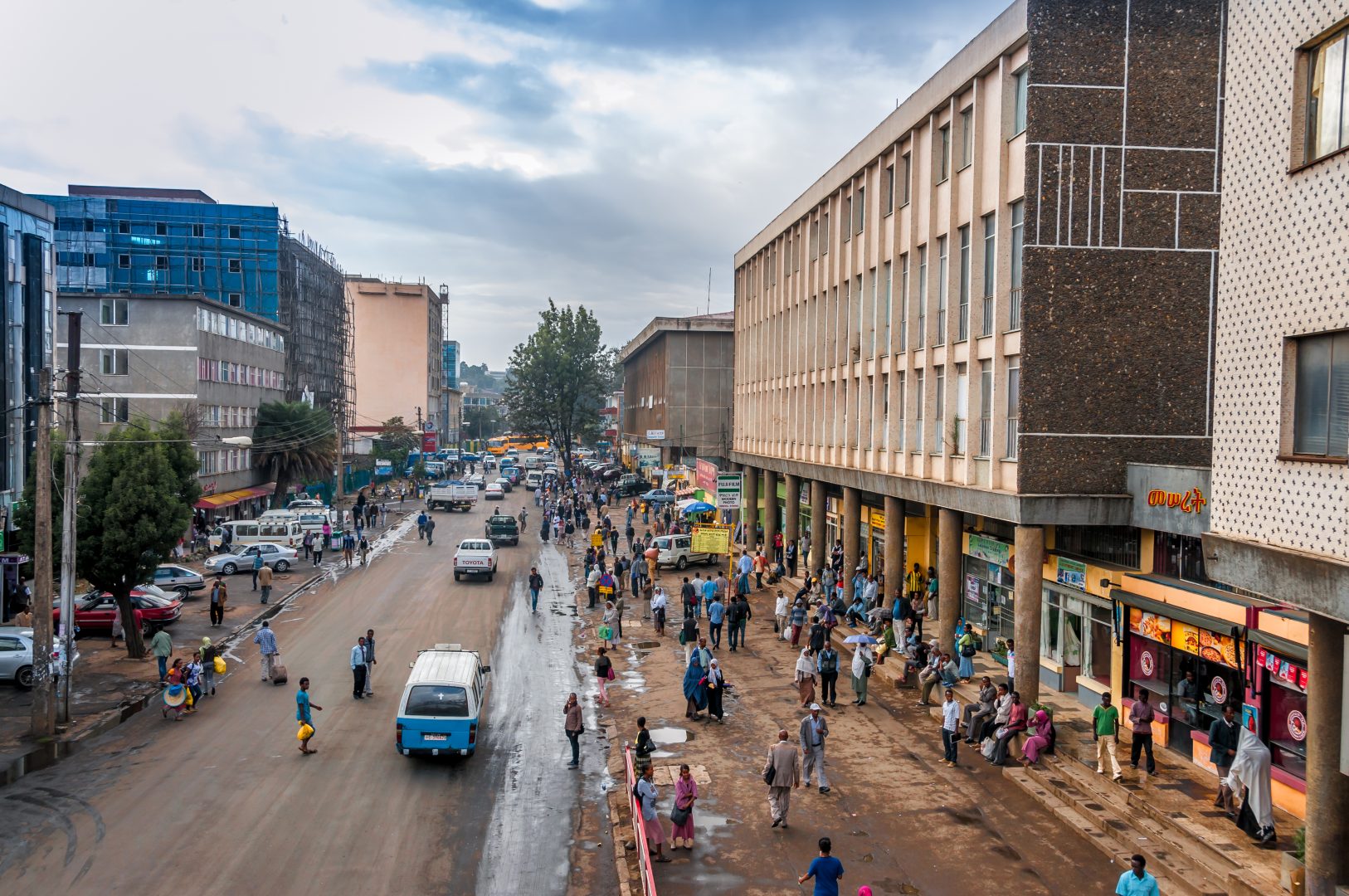CDC’s Climate Change Director Amal-Lee Amin is clear about the devastation that will ensue if we fail to limit climate change to below 1.5 degrees.
“There will be devastating impacts on many parts of the global population,” she said at a recent event hosted by CDC in partnership with the Global Impact Investing Network (GIIN) that looked at the role that innovation and businesses can play in tackling the crisis.
“And in particular,” she continued, “the most vulnerable and exposed populations in developing countries and the less developed countries where it is particularly acute.”
As we work to find global solutions to the climate crisis, much of the current conversation has focussed on international policy and public finance as tools to address the crisis.
However, this forgets the critical role of the private sector and its ability to innovate. This is especially true of emerging economies, where local businesses often hold the key to solutions that address local climate needs.
And in turn these businesses need capital from global investors who can accelerate growth and progress towards a more sustainable future.
You can watch a recording of the event here
Peter Damgaard Jensen, Co-Chair of the Climate Investment Coalition, who opened the event with a Q&A discussion with Amit Bouri, CEO of the GIIN, said that although we are seeing progress and more institutional investors committing green finance, it is still a new industry and more needs to be done to encourage others to join.
“Few have been spreading their net to more than one or two green asset classes and very few actually have been working on a whole strategy that would lead to carbon neutrality, at least before 2050,” he said.
There is also a gap, he explained, when it comes to emerging markets. Private and institutional investors are not used to investing into these regions and so are hesitant to commit capital where it is needed the most.
This is where public finance can come in, added Amit Bouri. Its greater risk capacity means it can reduce the risk for private investors in developing economies through blended finance.
“These are really new markets that many institutional investors don’t know, but many governments know through and through,” added Peter.
This view was supported by Geoff Manley, CDC’s Head of Energy Access and Efficiency, who said that it is here that development finance institutions, such as CDC, can play a critical role, creating climate finance opportunities for private investors by taking on more risk themselves through blended finance.
However, investment alone isn’t enough. Accusations of ‘greenwashing’ and ‘impact washing’ have led to a distrust of impact investors, said Amit, and there must be “clear and transparent data” on how money is being spent and the impact it is having.
Nijhad Jamal, Partner at Equator, an investment fund focused on technology-enabled ventures in sub-Saharan Africa, agreed with this need. He spoke about the importance of a coherent framework that fund managers can put in place across all their portfolios.
“It makes it a lot easier to compare and to track your data, and you’re not burdening companies with different ad hoc metrics.”
Technology also has a role to play in monitoring and reporting impact, added CEO and Founder of CropIn, Krishna Kumar.
The company is using technology, such as satellite images, artificial intelligence, and machine learning, to monitor crop health remotely, make yield predictions, and then pass on these insights to farmers.
“We have crop data from 32 countries on our platform, and we are trying to build the crop knowledge graph that provides intelligence on issues like crop rotation,” he said.
“We are helping farmers use intelligence from our platform to improve their efficiency and support them to accelerate practices which will help to fight the climate change such as monitoring the carbon in the soil.”
Alice Chapple, Director of Impact Value and Advisor at Gridworks, broadened the discussion, moving on to the wider need to build the regulatory and economic “ecosystem” within countries to facilitate the inflow of capital and support impactful businesses that can address climate challenges, to grow.
“I think, obviously there’s more work that could be done on understanding where industrial strategies or industrial policies or incentive structures are needed within countries and even globally, to really target those types of investments. That’s clearly a role for government,” she said.
“I think in the investment space, government has a role in aggregating some of the entrepreneurial activities into investment vehicles that can be accessed by some institutional investors,” suggested Alice.
She continued, “There is also a need for the discussion around climate change to be honest about the challenges we face and the impacts of climate change in emerging markets to find inclusive solutions.”
Nijhad called on governments and public institutions “to do everything that they can to help mobilise private capital, which ultimately is where we’re going to get to scale.”
Closing the event, Amal-Lee said that the panel had concluded a “whole financial system” approach was needed to get finance into climate innovation in emerging markets and to make sure it reached the entrepreneurs and small businesses that need it the most. Different forms of capital are necessary, along with risk capacity and in some circumstances, grant funding.
“It’s clear that innovation has a critical role to play in tackling the climate crisis,” she said.
“That’s innovation in technologies, as well as innovation in business models in how we finance this, as well as in policy and regulation.
“We need systemic solutions, and I think based on the discussion we just had it also needs a whole financial system approach.”











